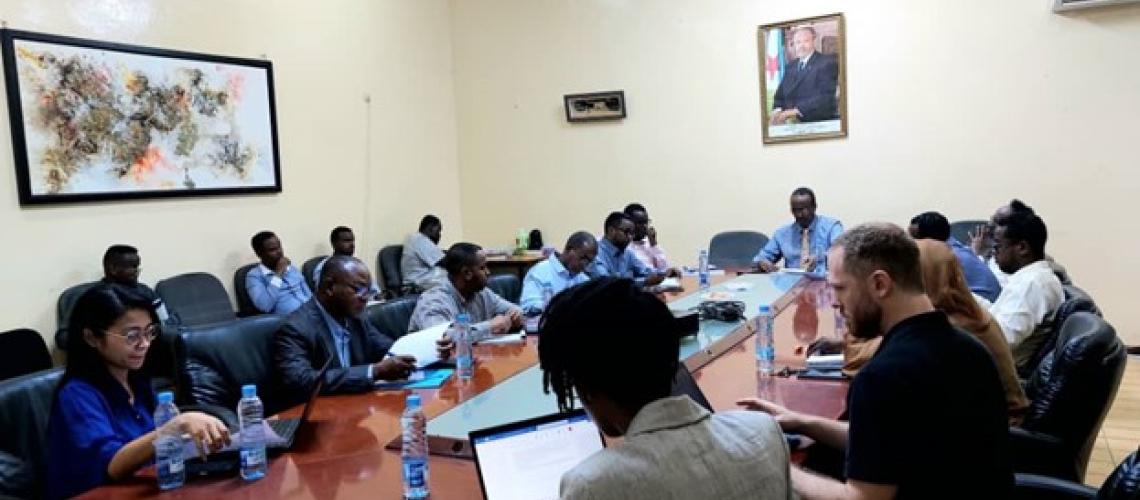
In response to Djibouti's call for support in enhancing disaster risk management, a cadre of experts from the CADRI Partnership undertook a mission from the 22nd to the 24th of January 2024. This mission, aimed at aligning with the government, the United Nations System Country Team, and other stakeholders' expectations, sought to pinpoint priority sectors for a comprehensive diagnosis and offer strategic recommendations to boost Djibouti's capabilities in disaster risk reduction and climate change adaptation.
Facilitated by the Executive Secretariat for Risk and Disaster Management at the Ministry of the Interior, the Office of the United Nations Resident Coordinator in Djibouti, and the International Organization for Migration (IOM), the mission fostered a collaborative environment. It brought together experts from the CADRI Secretariat, IOM's regional office for Asia and the Pacific, OCHA's regional office in East Africa, and FAO's regional office in Africa.
Through consultations with 37 members, including 16 government institutions, 12 United Nations entities, three NGOs, three civil society groups, and three embassies in Djibouti, the team identified five key sectors for in-depth analysis: Water & Sanitation, Food and Nutritional Security, Infrastructure, Human Mobility, and Health.
The forthcoming diagnostic phase will outline specific recommendations to address identified gaps and leverage opportunities across four main areas: risk information management, climate, and disaster risk governance at national and local levels, resilience-building investments, and disaster preparedness and recovery capabilities. This effort, anchored in the CADRI Methodology and aligned with the Sendai Framework priorities will chart a course for Djibouti's enhanced disaster risk management efforts.
